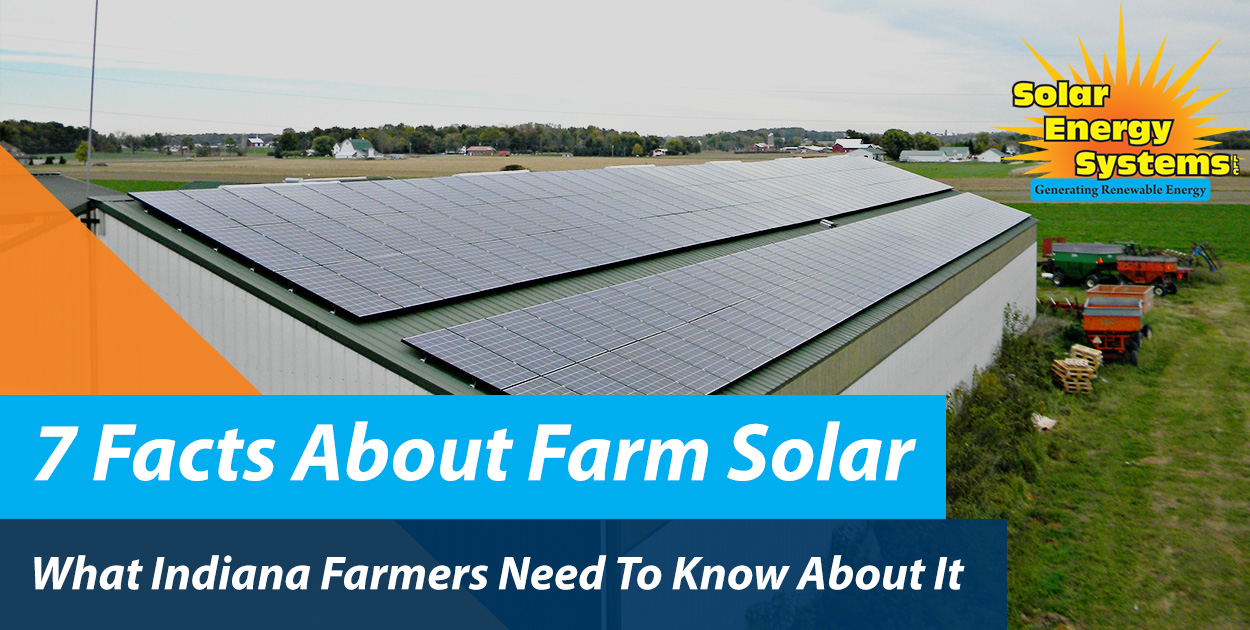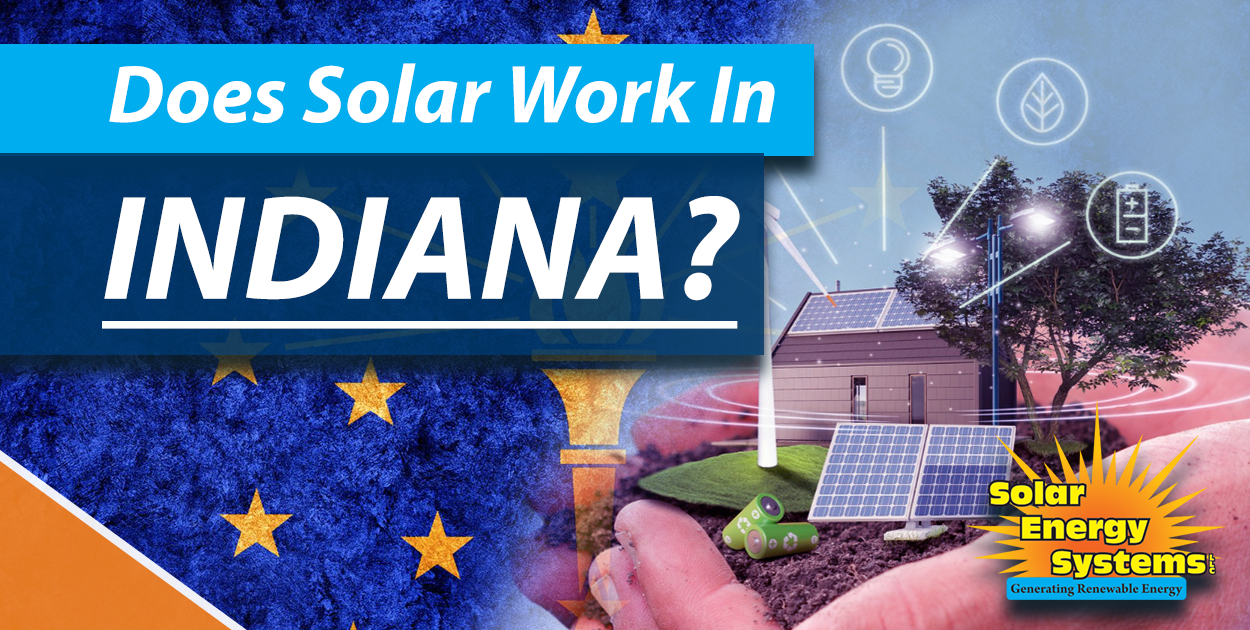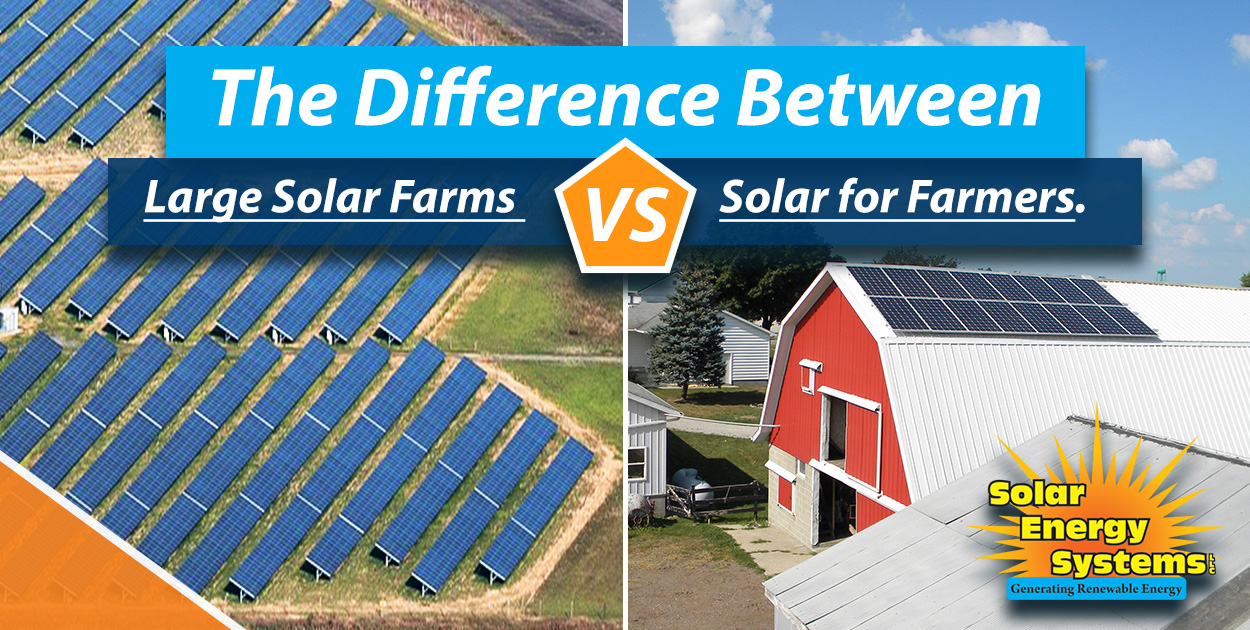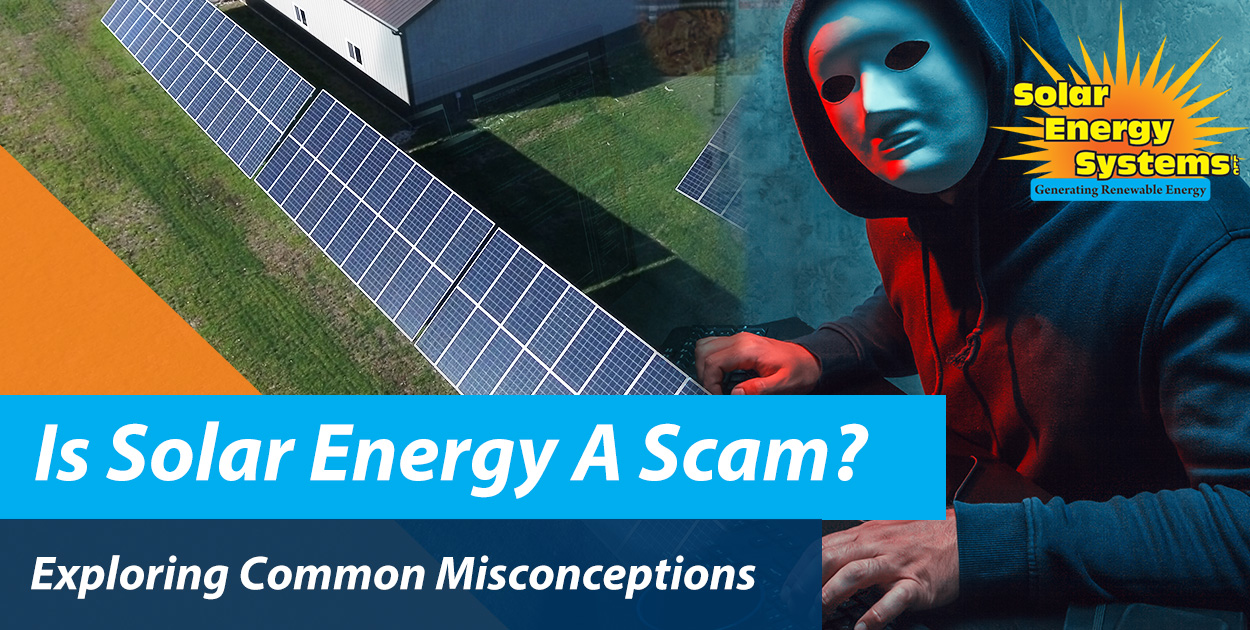7 Facts About Farm Solar
Harnessing the Power of the Sun for Sustainable Agriculture
As the world becomes more conscious of the need for sustainable and renewable energy sources, solar power is gaining popularity in various sectors. One such sector is agriculture, where solar energy systems are revolutionizing the way farmers produce crops and manage their operations. In this blog post, we will explore seven fascinating facts about farm solar and how it is transforming the agricultural landscape.
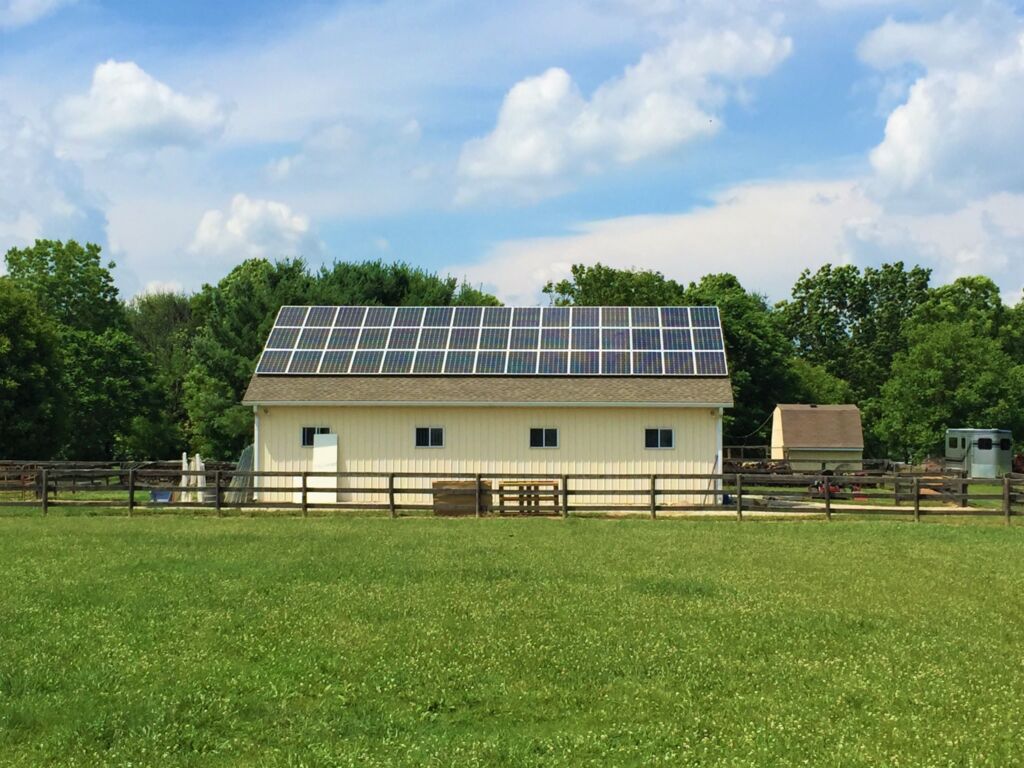
FARM SOLAR FACT #1 – Solar Power Fuels the Farm:
According to the National Renewable Energy Laboratory, solar energy systems installed on farms have the potential to generate enough electricity to power essential farm operations. This includes irrigation systems, farmhouses, barns, and other agricultural buildings. By harnessing the power of the sun, farmers can significantly reduce their reliance on traditional energy sources, leading to cost savings and increased sustainability.
FARM SOLAR FACT #2 – Government Support for Renewable Energy:
The U.S. Department of Agriculture recognizes the importance of renewable energy and offers grants and loans to farmers who install solar panels and other renewable energy systems. These financial incentives provide farmers with opportunities to save money on their electricity bills, enhance their profitability, and contribute to a greener future.
FARM SOLAR FACT #3 – Solar Panels Boost Crop Yields:
Solar panels offer more than just electricity generation. A study conducted by the National Renewable Energy Laboratory revealed that solar panels can increase crop yields by providing shade to crops and reducing water stress. By creating a favorable microclimate, solar panels enhance plant growth and improve overall productivity.
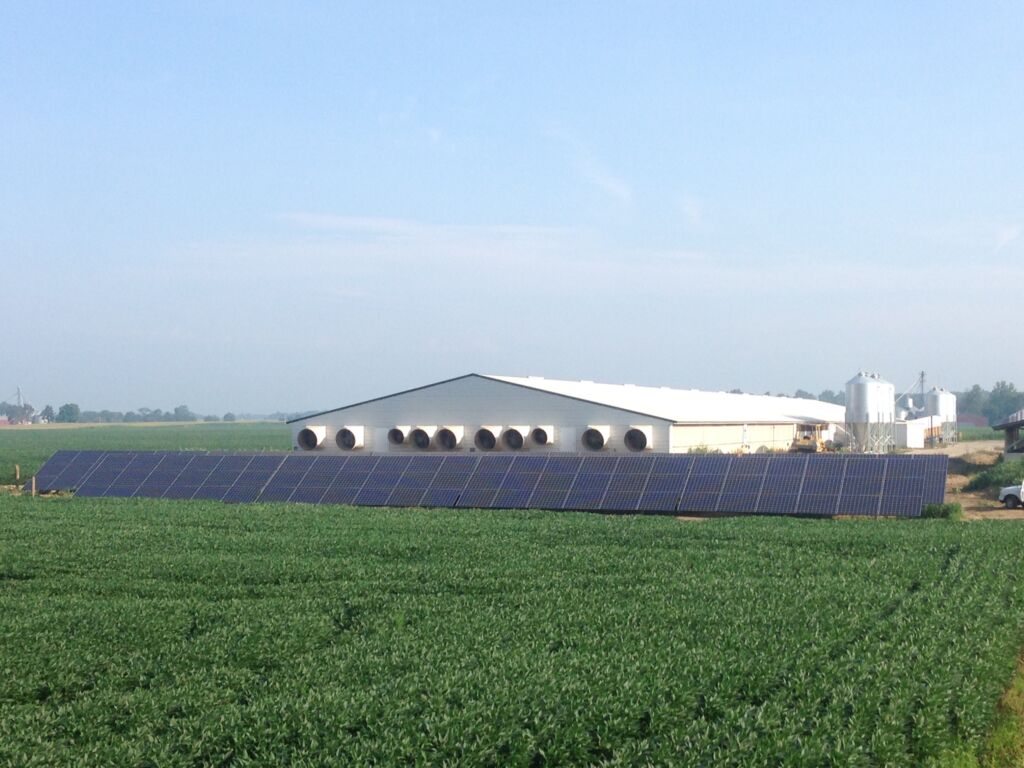
FARM SOLAR FACT #4 – Reducing Carbon Footprint:
Farmers embracing solar energy also make significant strides in reducing their carbon footprint. The University of California conducted a study that demonstrated how solar panels can slash greenhouse gas emissions from farms by up to 90%. By transitioning to solar power, farmers can play a vital role in combating climate change and preserving the environment for future generations.
FARM SOLAR FACT #5 – Affordability and Cost Savings:
The cost of solar energy has plummeted in recent years, making it an attractive option for farmers. According to the Solar Energy Industries Association, the cost of solar panels has dropped by a remarkable 70% since 2010. This reduction in costs makes solar energy more accessible and financially viable for farmers, leading to substantial long-term savings on energy expenses.
FARM SOLAR FACT #6 – Increasing Adoption:
Farmers across the United States are recognizing the potential of solar energy and are embracing its implementation on their farms. As per the National Agricultural Statistics Service, over 8,000 farms in the United States have already installed solar panels. This trend indicates the growing awareness and acceptance of solar power as a practical solution for agricultural energy needs.
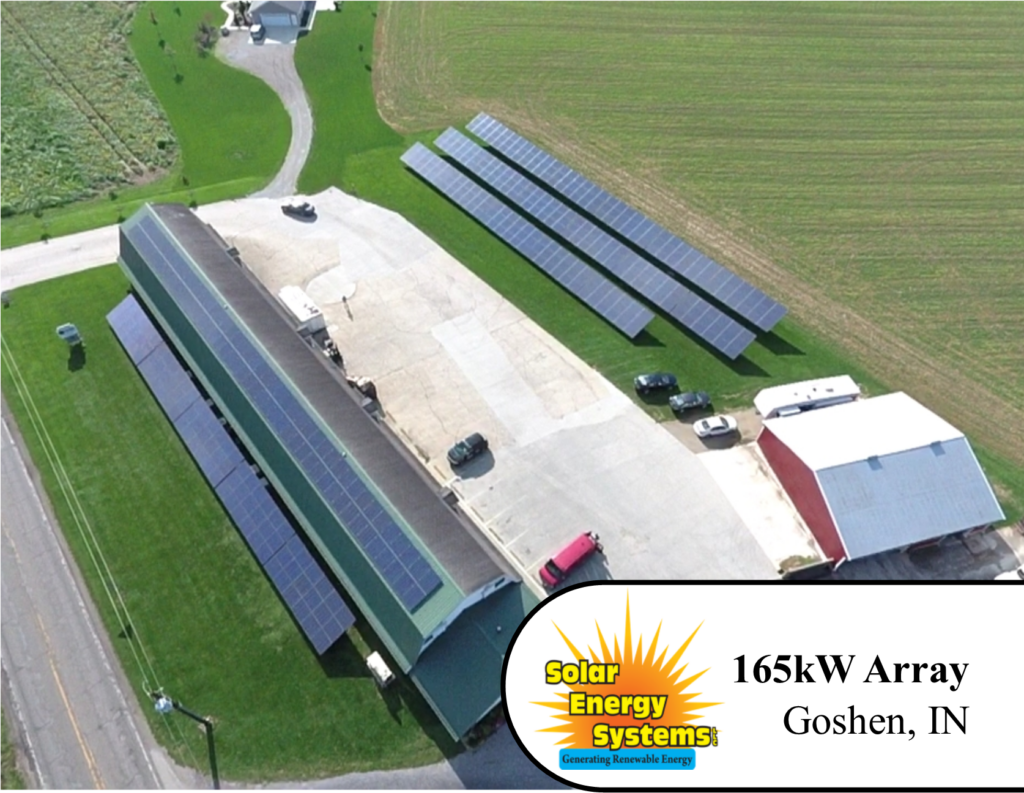
FARM SOLAR FACT #7 – Reliable Energy Source:
In addition to cost savings, solar energy offers reliability to farmers. With a solar energy system in place, farmers can minimize the risk of power outages that can disrupt critical farm operations. By ensuring a consistent source of electricity, solar power helps maintain the functionality of vital equipment, such as irrigation systems, milking machines, and climate control systems.
Conclusion:
Farm solar power represents a promising and sustainable solution for the agricultural sector. By harnessing the power of the sun, farmers can generate electricity, reduce costs, increase crop yields, and contribute to a greener future. As solar energy becomes more affordable and accessible, it is expected that more farmers will embrace this technology, leading to a significant shift towards sustainable farming practices. The sun, once primarily associated with nurturing crops, is now powering the farms of tomorrow.
Contact Solar Energy Systems today to learn more about going solar for your farm.

